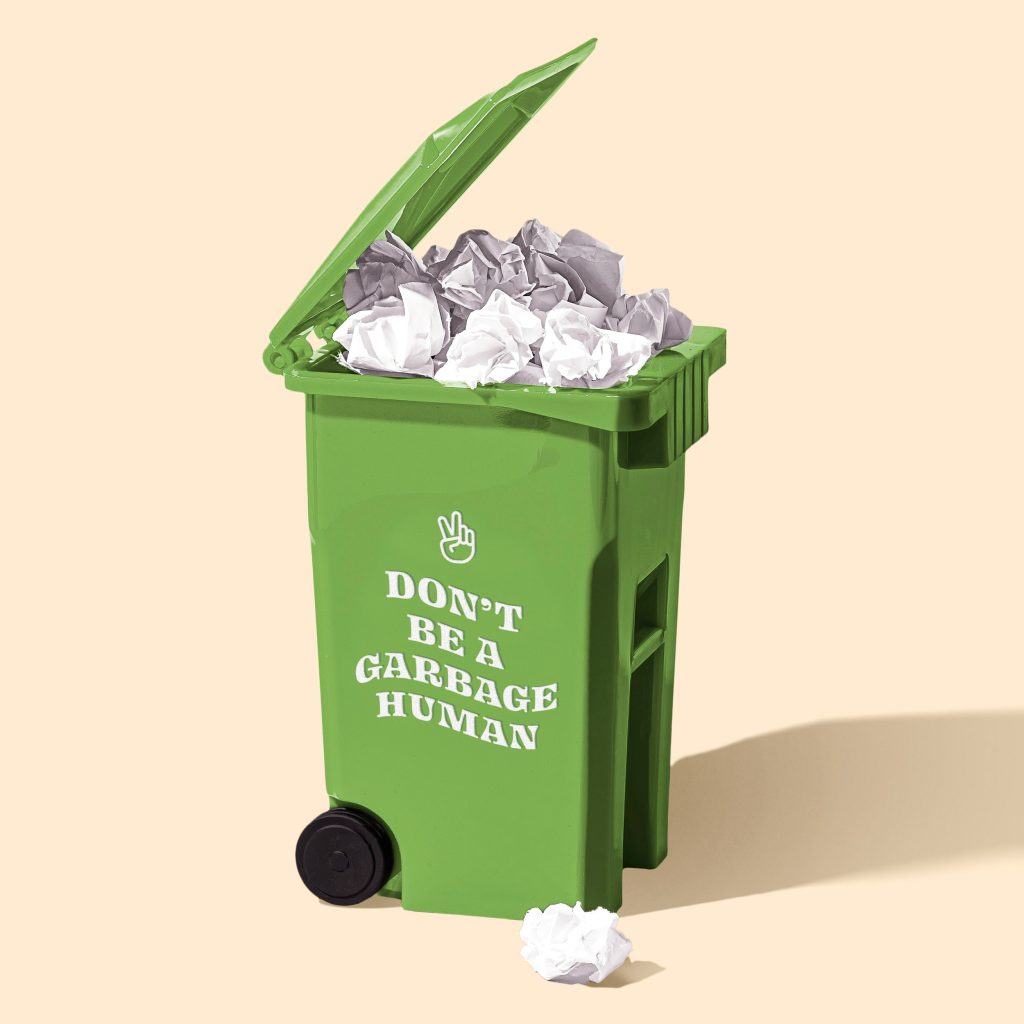
What is sustainable living? How Your Choices Shape a Sustainable Present and Future
By embracing sustainable living, we adopt practices that contribute to the well-being of the environment, society, and economy.

A hangover – a feeling all too familiar, whether it’s the physical consequences of overindulging in alcohol or the exhaustion from unsustainable choices. This post explores both aspects – how to recover from a real hangover and how to prevent a "sustainable hangover" that follows impulsive consumption and thoughtless decisions.
Honestly, I’ve faced both types of hangovers on several occasions. It’s hard to ignore the consequences of unwise decisions, whether it’s excessive drinking or overconsumption. But each such moment is an opportunity for growth and learning.

Photo by Polina Tankilevitch: https://www.pexels.com/photo/woman-in-blue-dress-holding-a-takeaway-and-glass-cup-8212126/
A sustainable hangover is the guilt and overwhelm that follows unsustainable choices. These are the moments when we throw away piles of plastic cups after a party or realize we bought more food than the guests ate. This feeling can be as draining as a physical hangover, but it also offers a chance to learn.
The first step in tackling this hangover is identifying its causes. We can change habits such as overconsumption, food waste, and disposable product usage.
Plan. Think about your needs and potential waste before organizing a party or shopping spree. Here are some tips:

Photo by cottonbro studio: https://www.pexels.com/photo/dirty-glasses-and-plates-by-the-sink-6722740/
If you’ve already made an unsustainable choice, don’t worry – every step toward sustainability matters. Here’s how to recover:
Hangovers, whether physical or eco-related, teach us about limits. Overindulgence rarely leads to long-term satisfaction. The key is moderation and mindfulness. When we recognize the patterns leading to a "hangover," we can change them.
Sustainable living is not about perfection but about consistent effort to improve. Every thoughtful choice we make contributes to a healthier planet and ourselves.

Photo by Vitaly Gariev: https://www.pexels.com/photo/a-group-of-people-are-laying-on-the-floor-with-party-hats-on-23495696/
Finally, let’s not forget the real hangover – the consequence of excessive alcohol consumption. Here’s how to alleviate it with natural methods:
Prevention:

Photo by Inga Seliverstova: https://www.pexels.com/photo/woman-in-silver-v-neck-long-sleeved-dress-3394310/
Whether it’s a hangover from excessive drinking or guilt over unsustainable choices, recovery is always possible. The important thing is to learn the lesson and move forward with awareness of better options.
Remember, sustainability is not about perfection – it’s an ongoing process of improvement. Every small step you take contributes to the bigger picture, for yourself and the planet.
So the next time you’re faced with a choice, whether it’s deciding how to celebrate or what to consume, take a moment to reflect. A little mindfulness now can save you from the exhaustion of a hangover – both sustainable and physical – later. After all, recovery is great, but prevention is even better.

By embracing sustainable living, we adopt practices that contribute to the well-being of the environment, society, and economy.

Sustainability goes beyond admiration; it is a commitment to maintaining the delicate balance between our species and the planet.

Dive into the world of traditional board games and discover their diverse health benefits. Explore expert insights on how these games contribute to well-being and mental acuity.

Natural deodorant is an effective and environmentally friendly product. It is a healthy option since traditional antiperspirants often contain chemicals.

Let’s discover the environmental impact of household waste, and hopefully, this will inspire us to create a new mindset.
Welcome to Sustainable Living by Science. With our scientific mindset, we are exploring how to nurture our well-being while caring for the environment. We are sharing the meaning of sustainability through evidence-based practices. Join us on this journey towards a greener, healthier future where science guides us to make the best choices for ourselves, the planet, and others.
All content is © 2024 by Sustainable Living by Science. All rights reserved.